New Delhi : India on Thursday came out strongly in support of its small and marginal fishermen at the World Trade Organization where negotiations are on for an agreement on curbing subsidies in the fisheries sector.
Participating at the WTO ministerial meeting, Commerce Minister Piyush Goyal said India is very keen to finalise the agreement because irrational subsidies and overfishing by many countries is hurting Indian fishermen and their livelihood.
He voiced India’s reservation about the current draft agreement, saying it would lead to capacity constraints for developing countries, while developed nations will continue to grant subsidies.
“We should not repeat the mistakes made during the Uruguay Round three decades ago that allowed unequal and trade-distorting entitlements for select developed country Members, particularly in agriculture.
These unfairly constrained less developed members who did not have the capacity and resources to support their industry or farmers then,” he said.
The Minister called for a balanced and fair agreement, voicing concern that “any unbalanced or unequal agreement now would bind us into current fishing arrangements, which may not meet future requirements.”
He pointed out that it is essential that big subsidisers take greater responsibility to reduce their subsidies and fishing capacities, in accordance with the principles of ‘Polluter Pays’ and ‘Common but Differentiated Responsibilities’.
Goyal observed that any agreement must recognise that different countries are at different stages of development and that current fishing arrangements reflect their current economic capacities.
The agreement has to provide for current and future needs, he added.
While putting forth India’s demands, he said that the per capita fisheries subsidy given by most developing countries is minuscule compared to advanced fishing nations.
Goyal demanded that countries like India who are yet to develop fishing capacities, cannot sacrifice their future ambitions.
“Allowing advanced nations to continue grant of subsidies is unequal, unfair and unjust.”
Responding to the specific question posed by Director General Ngozi Okonjo-Iweala to the ministers, Goyal said that limiting Special & Differential Treatment (S&DT) to poor and artisanal fishermen only is neither appropriate nor affordable, and is not acceptable.
S&DT is required not only to protect livelihoods of poor fishermen but also to address food security concerns, have necessary policy space for developing the fisheries sector and the need for larger time period for any transition.
Highlighting that protection of environment is ingrained in the Indian ethos for ages and has been repeatedly stated by our Prime Minister Narendra Modi, Goyal said that India is committed to conclude the negotiations, as long as it provides for balancing current and future fishing needs, preserving space for equitable growth in fishing capacities in future, and an effective S&DT without any imbalances.
The virtual ministerial conference in Geneva, the first meeting of WTO trade ministers since 2017, aims to ban subsidies that contribute to illegal and unregulated fishing, as well as to overfishing, threatening the sustainability of fish stocks and the industry.
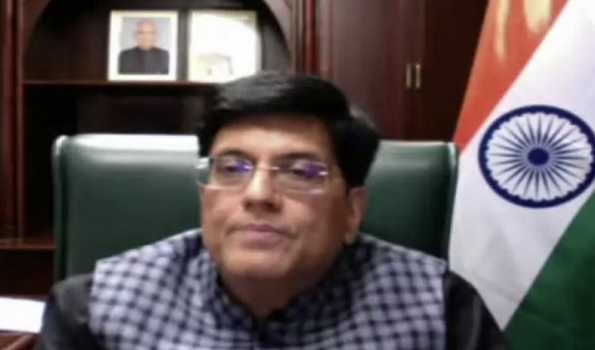


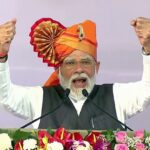



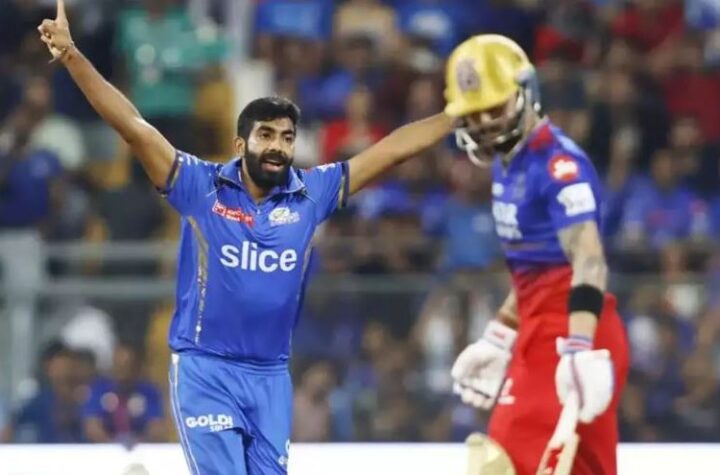
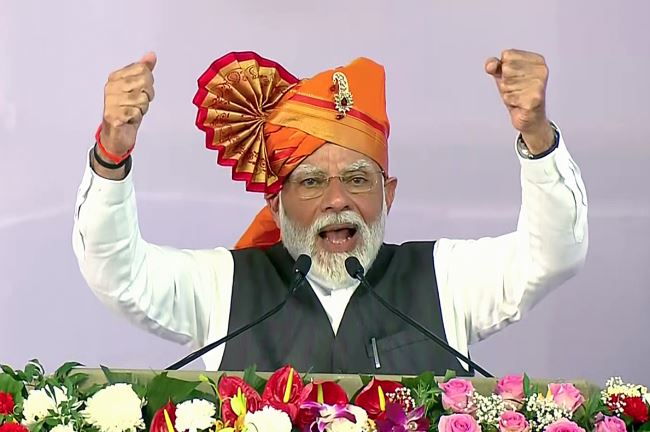
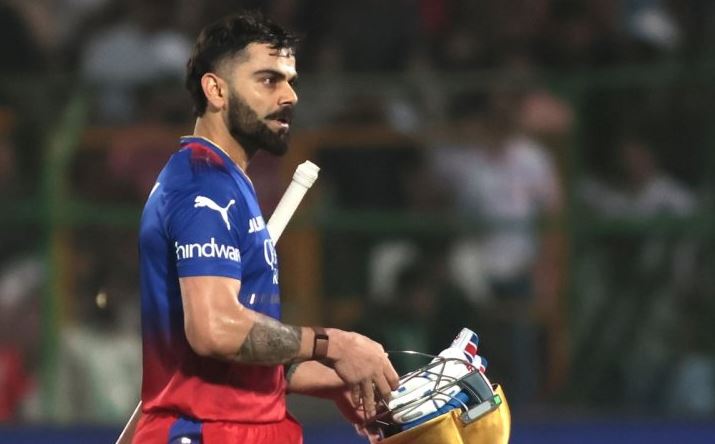
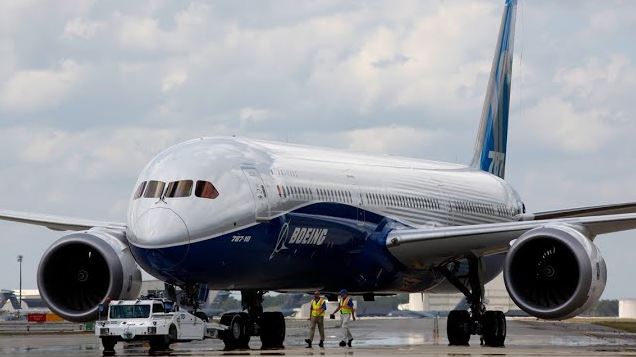
More Stories
IPL: For Bumrah every ball wicket-taking delivery
J&K to get statehood, assembly elections not far: PM
Kohli fitness benchmarks among few: Ajit Agarkar